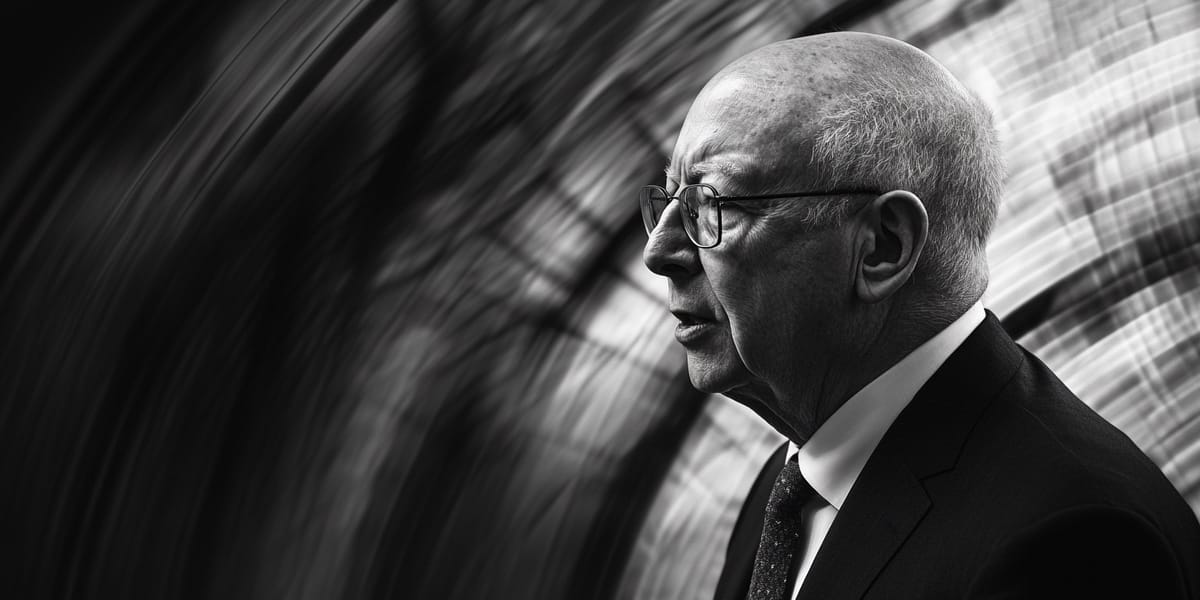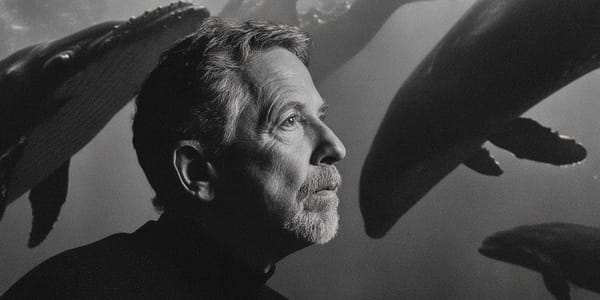Klaus Schwab Ousted from World Economic Forum After Decades of Leadership

Klaus Schwab, the 87-year-old founder of the World Economic Forum, has been forced to step down from his position after the organization's foundation board unanimously turned against him. This dramatic development comes after new accusations that Schwab and his wife used WEF funds for personal purposes.
Schwab founded what would become the WEF in 1971, initially as a management symposium in Davos, Switzerland. Over the following decades, he transformed this event into a global platform that attracted world leaders including Angela Merkel, Donald Trump, and Nelson Mandela.
The recent whistleblower complaint proved to be the final factor in his removal. Schwab has denied the allegations, claiming they are part of "coordinated efforts to discredit me and my family," but declined interview requests about the situation.
According to insiders, Schwab had become increasingly difficult to work with as he aged. Despite his advancing years, he refused to step down from his leadership role. Several former deadlines for his retirement came and went, with Schwab repeatedly extending his tenure.
For years, succession planning had been a contentious issue at the organization. The WEF had grown from a small family-run operation into an international organization with privileges in Switzerland similar to those of the Red Cross, making Schwab's continued personal control problematic.
The WEF shift mirrors trends in other tech-forward organizations. Elon Musk's Neuralink recently sought $500 million in funding at an $8.5 billion valuation, up from $5 billion in 2023, as its brain implant technology progresses through clinical trials with patients now able to control computers through thought.
Former colleagues describe Schwab as increasingly combative and thin-skinned when challenged. One insider compared him to "a bull in a Spanish bullfighting arena," becoming more aggressive and sensitive as pressure mounted for his departure.
The WEF itself had evolved far beyond Schwab's original vision. What began as a platform to address global problems transformed into an exclusive networking event for wealthy executives, with attendance costing between 25,000 and 500,000 Swiss francs, earning it criticism as a gathering of "fat cats in the snow."




